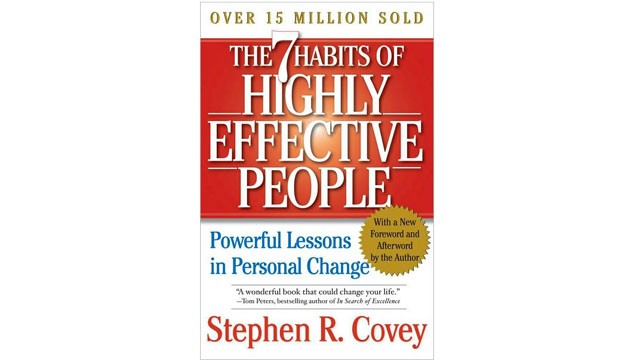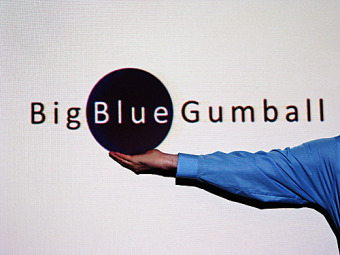 Todd Cherches | Comments Off |
Todd Cherches | Comments Off | A Brief Tribute to Stephen Covey & His 7 Habits
 Wednesday, July 18, 2012 at 2:18PM
Wednesday, July 18, 2012 at 2:18PM 
With all the thousands of business books out there on the shelves to choose from, my NYU students, clients, and others often ask me, “If I were to read only ONE business book to help me be more effective, what should it be?”
To me, the answer is clear and simple: “The 7 Habits of Highly Effective People” by the late Dr. Stephen R. Covey who just passed away this week.
In short, the 7 Habits are:
1. Be proactive: Don’t wait for things to happen; take action to MAKE them happen;
2. Begin with the end in mind: Start with a preconceived vision and goal;
3. Put first things first: Prioritize and plan;
4. Think “win-win”: Strive for a mutually beneficial relationships and outcomes;
5. Seek first to understand, then to be understood: Listen to, empathize with, and focus on others;
6. Synergize: Work collaboratively to leverage the power of joint contributions;
7. Sharpen the saw: Recharge & refresh.
While the first six are pretty much self-explanatory (although far easier said than done!), the last benefits from some explication:
Long story, short… Two guys are out in the forest chopping wood from dawn til dusk. One of them goes non-stop for hours without a break, assuming that’s the best way to maximize his output. But as is turns out, at the end of the day, the other guy – the one who kept stopping and disappearing many times throughout the day – ends up being the one with the far bigger wood pile. “How can that be!” the first guy asks, “Where did you keep going?” To which the other replies, “To sharpen my saw!”
So the message of Habit 7 is that while we literally need to be sure to keep our tools sharp, metaphorically it reminds us that we need to both mentally and physically make the time and take the time to recharge and refresh.
Covey later added an additional habit, in his book, “The 8th Habit: From Effectiveness to Greatness” in which he encouraged people to “Find your voice and inspire others to find theirs.”
Unfortunately (as my brother Steve pointed out), with his passing there will, alas, be no “9th Habit.”
In the spirit of full disclosure, one thing about his work that must be noted is that Covey did not originate all of the ideas that he espoused; however, he did popularize them, reaching a global audience the size of which few business authors in history, other than Dale Carnegie, have ever achieved.
I guess it could be said that Stephen Covey was the Dale Carnegie of his generation.
In closing, one identifying feature that both Carnegie and Covey have in common is that while much of their work, and many of their principles, have sometimes been minimized by elitists as being “nothing more than just plain common sense,” I think we’ve all seen, as the saying goes, that common sense is not always common practice.
So towards that end, Stephen R. Covey led the way in helping us all to maximize our performance, productivity, and potential.
 Todd Cherches | Comments Off |
Todd Cherches | Comments Off | 
